This fleshy, yellowish-orange fruit is a very strange little thing. The tiny hairs on the skin make it feel soft and fuzzy, and you can eat it without having to peel it. It's also one of the healthiest fruits in the world and has a lot of good things about it. 100 grams of fresh apricots give you less than 50 calories and 12% of the vitamin C, 12% of the vitamin A, and 6% of the potassium your body needs.
Table of Contents
What is apricot?
The apricot, or Prunus armeniaca L., is a type of stone fruit that comes from the Prunus genus and is eaten all over the world. The apricot tree grows best in temperate climates, where winters are cold and early summer and spring are warm but not too hot. The apricot tree can't grow in places where the weather is subtropical. Like mangoes, plums, cherries, and peaches, apricots are drupes, which means they only have one seed. The fleshy part on the outside covers a hard stone that has a seed inside. The colour of the fruit ranges from orange to orange-red, and some varieties are greenish-white to cream-white. Apricots are a great source of minerals, fibres, and vitamins, and they also have a lot of carbs. Chinese medicine also uses apricot kernels to treat coughs, constipation, and asthma.
Origin of Apricot:
People say that the apricot, which is one of the most useful fruits, was first grown in China before the Persians found it. It's also not clear that it came from Armenia, even though the fruit has been grown there since ancient times. When the fruit got to the Mediterranean, it showed how popular it really was. The Spanish explorers are thought to have brought the fruit to the Americas, where it still grows well today. And another group of people thinks that the apricot grew in India as early as 3000 BC. Even when people disagree, they almost never say that apricots don't have any benefits. In fact, people like it both raw and cooked. The dried version of this fruit is popular all over the world and is a big part of Iran's international trade. Some of the top countries that grow apricots are Turkey, Italy, Russia, Spain, Greece, the United States, and France.
Ways to add apricot to your diet:
- The apricot can be eaten in many different ways, just like most tasty fruits.
- The easiest ones are the ones that are dried or that are fresh. But you could also cut up some apricots and put them in your cereal in the morning.
- You can even mix it with yoghurt to make a dip or spread for bread, if you don't mind a slightly sweet sandwich.
- Apricots are also used a lot in jams and preserves, and if you can find a recipe that uses little or no sugar, you can enjoy it without feeling guilty.
- People like apricot tarts, pies, crumbles, and cakes, but did you know that you can also use apricots to make your salad taste better and be healthier? Green leaves, feta cheese, and almonds go well with the fruit. And a little balsamic dressing is all you require to finish the salad.
- Dried apricots are much simpler to store, as long as they don't get too much light. Fresh apricots, on the other hand, should be eaten quickly before the skin wrinkles and the fruit starts to lose its health benefits.
Nutritional profile of Apricot:
Most of the benefits of apricot come from the fact that it is full of vitamins and minerals. This yellow-orange fruit gives you 6% of the daily recommended amount of potassium and 12% of the daily recommended amount of vitamins A and C in just 100 grams. But there's a lot more.
Health benefits of Apricot:
- Packed with vitamin A
Vitamin A, which is also called retinol, is in abundance in apricots. It dissolves in fat and helps to improve vision, among other things. And it keeps your immune system in check, which helps protect your skin. Retinol and beta-carotene, which are also found in apricots, also lower your risk of getting Neovascular ARMD, which is an age-related macular degeneration that causes vision loss over time.
- Rich in Fiber
Apricots are a good source of fibre, whether you eat them fresh or dried. Since the retinol in apricots dissolves in fat, the fruit dissolves easily in the body, and the body can easily absorb the important nutrients. And it quickly breaks down fatty acids, which means that your digestion is working well. And that's not all. The fruit also keeps your digestive system healthy by keeping your intestines clean.
- Healthy for heart
Since the fruit is high in fibre, it helps to lower the amount of bad cholesterol in the body, which protects your heart. It also raises the good cholesterol at the same time. Plus, the potassium in the fruit keeps our electrolyte levels in balance, which is good for our heart muscles. Just eat one or two fresh apricots or a handful of dried ones every day.
- Rich in Antioxidants
Antioxidants can be found in ripe apricots. If you eat it every day, it helps your body get rid of toxins that tend to build up over time. Free radicals hurt our cells, and antioxidants kill them.
- Healthy for blood
Any plant food that has iron in it, like an apricot, has non-heme iron. This kind of iron is hard for the body to absorb, but the longer it stays in the body, the better your chances are of avoiding anaemia. It is recommended that you take vitamin C with it to help the non-heme iron get into your body better.
- Healthy for skin
Vitamins C, A, and phytonutrients work together to give you healthy skin. And did you know that the antioxidants in apricots also slow down the ageing process? So, in addition to taking good care of your skin, don't forget to eat apricots every day.
- Makes bones stronger
Bones need a lot of calcium to grow and form, and apricots have a lot of calcium. It's also interesting to note that if the body doesn't have enough potassium, calcium isn't absorbed and thrown away in the same way. And apricot has both

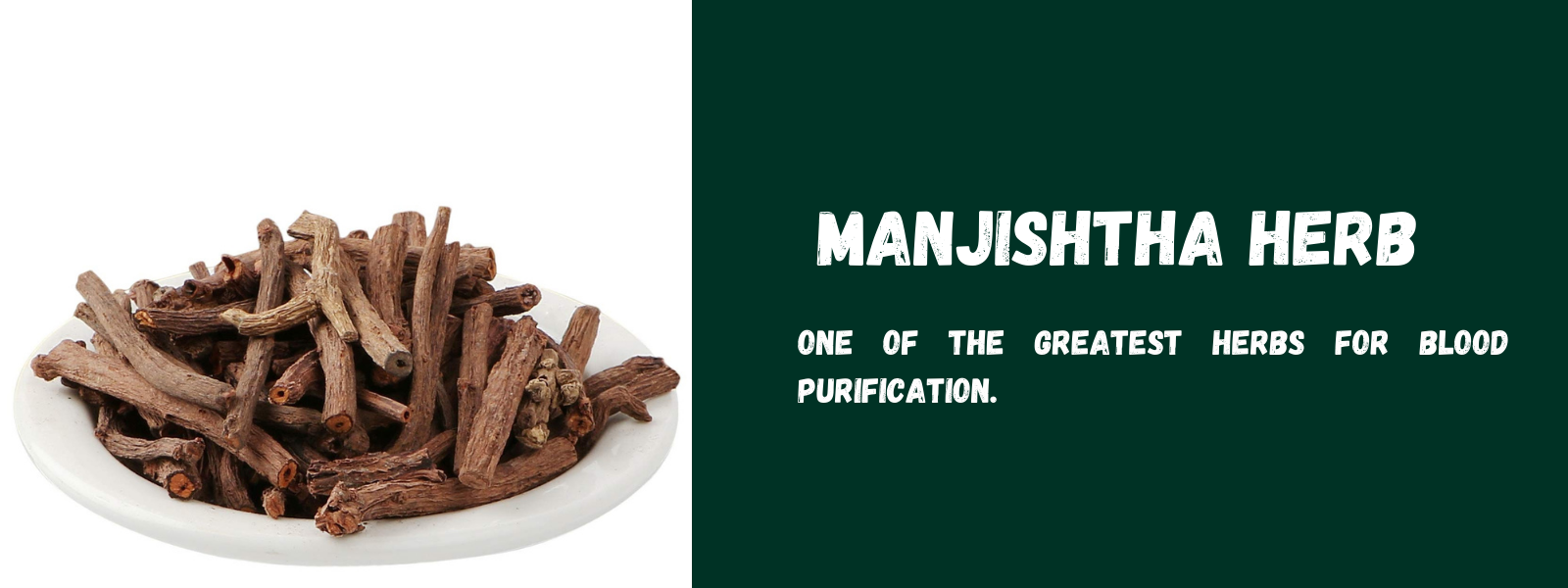
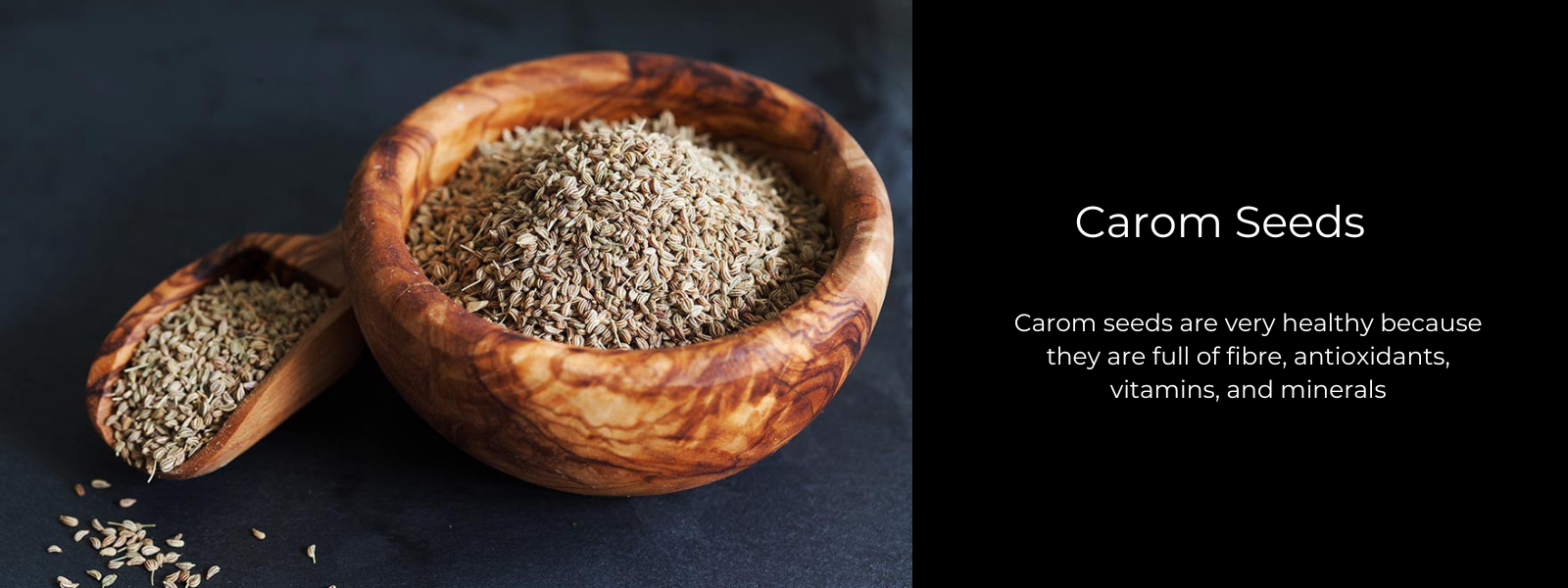
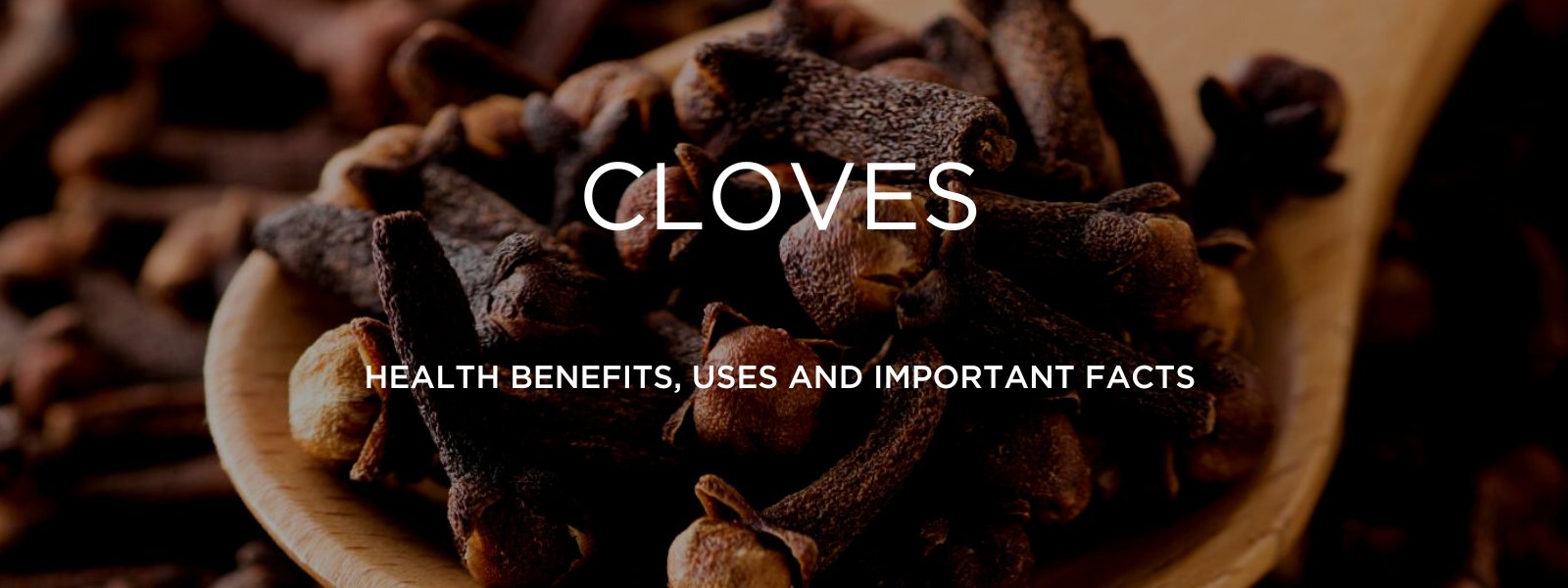
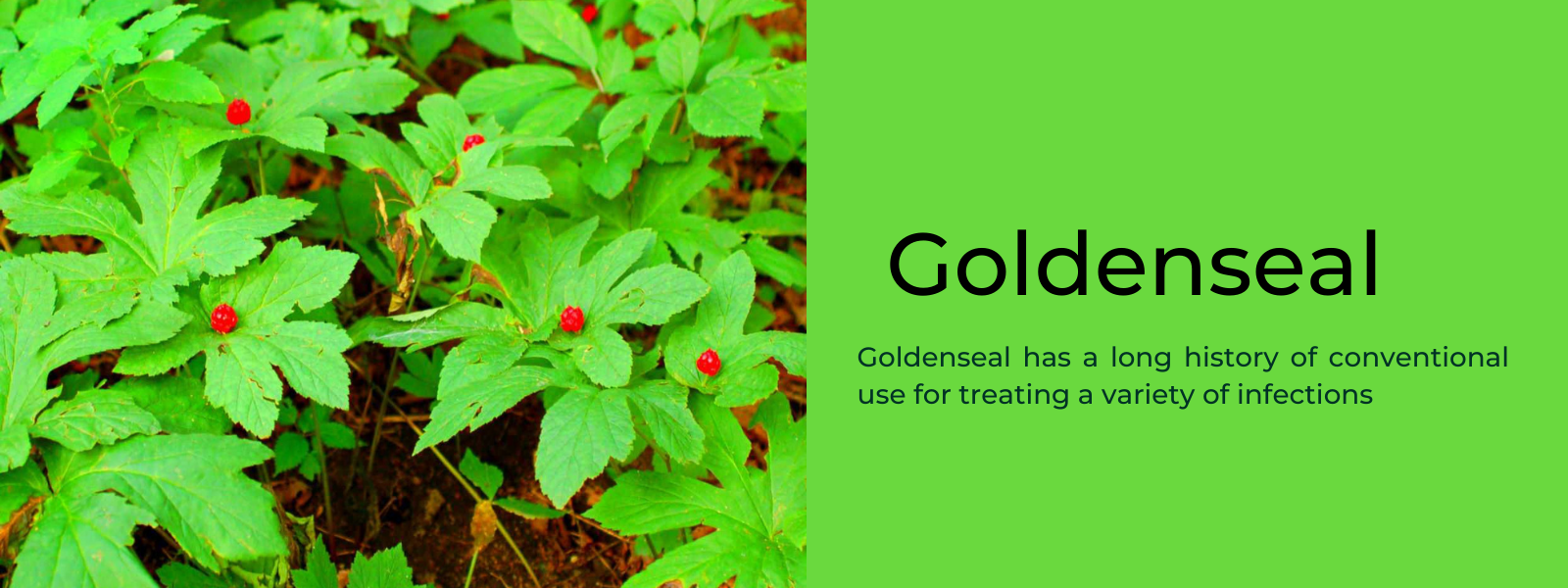
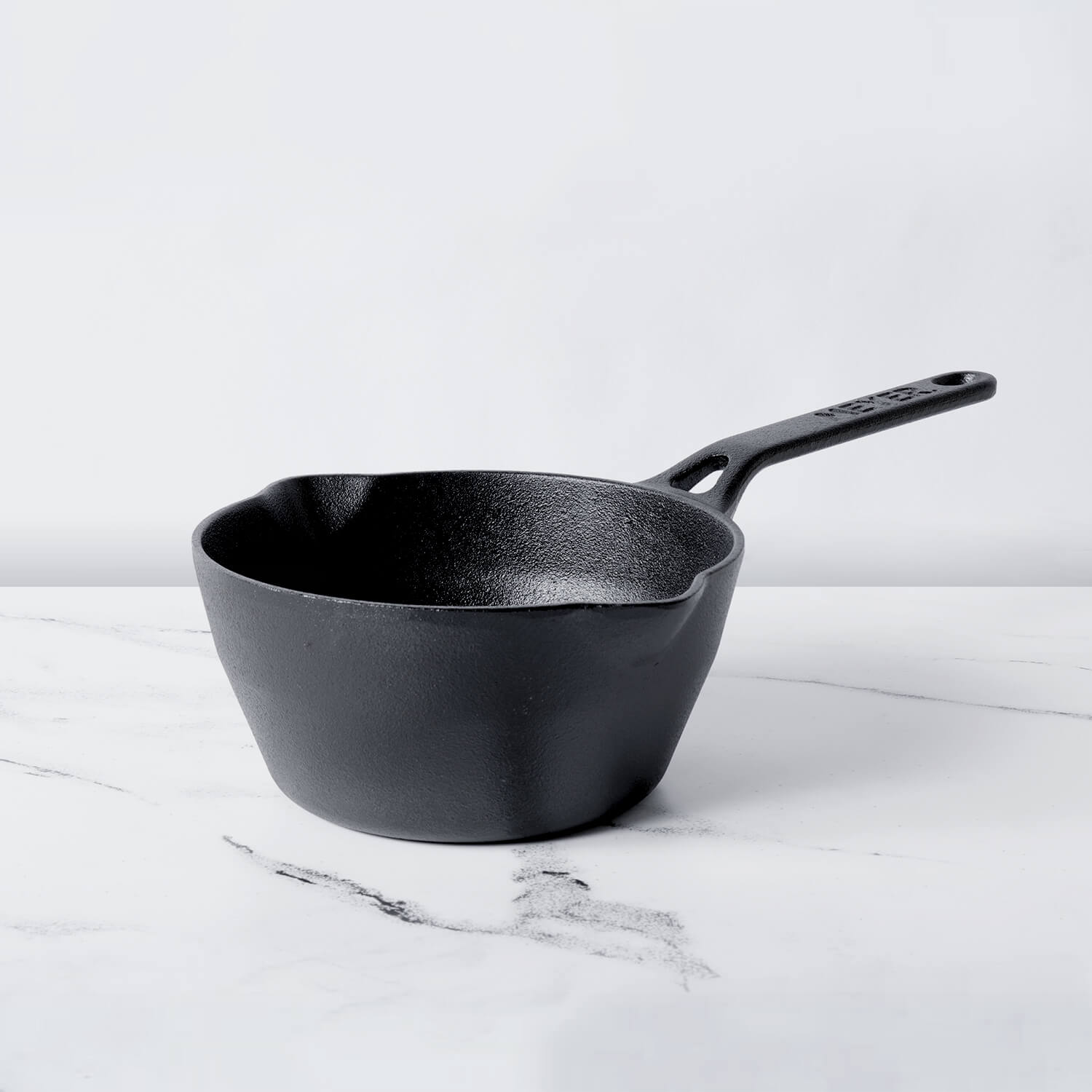
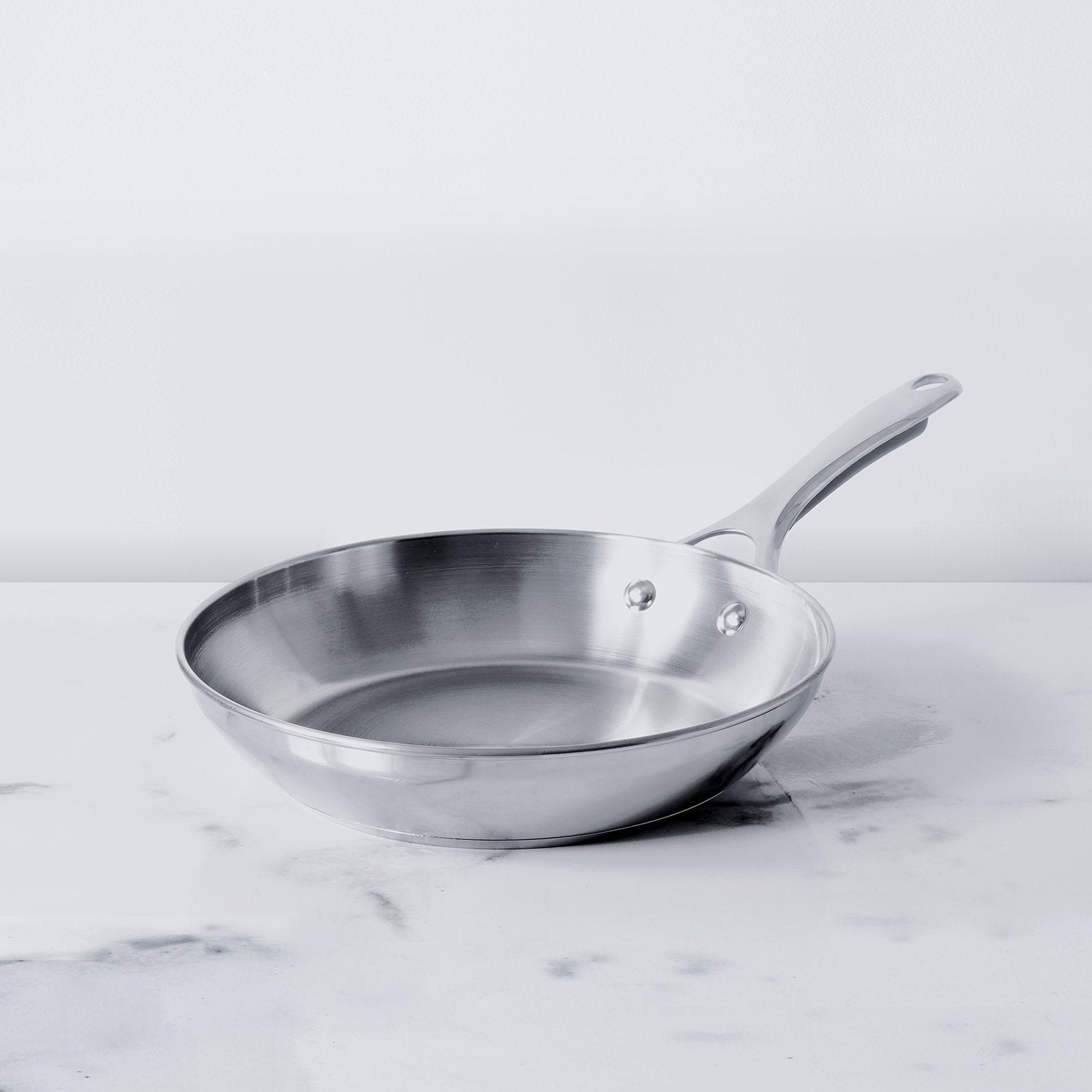




Leave a comment